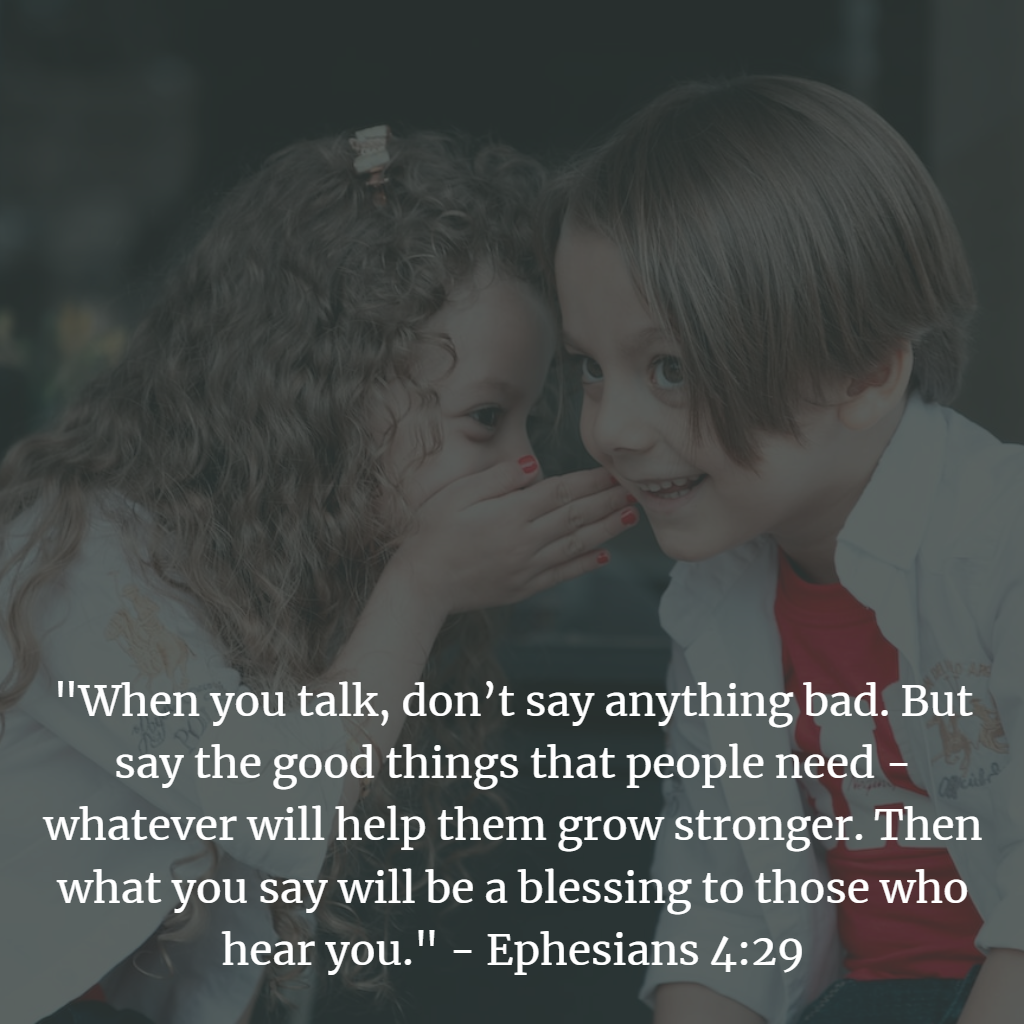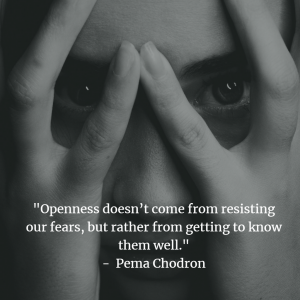Encouraging Positive Communication in Children

As parents and guardians, nurturing your child involves guiding them in every aspect of their development, including their communication skills. The words they use and how they express themselves can have a profound impact on their well-being and relationships with others.
Unwholesome communication encompasses words that are hurtful, disrespectful, or damaging to others’ physical, mental, or moral health. It is crucial to teach your child to recognise and avoid such language, as it not only affects others negatively but also erodes their own moral character and emotional resilience.
While you might often teach your child to refrain from using explicit or vulgar language, it is equally important to address the subtler forms of unwholesome communication. For instance, using euphemisms or seemingly polite phrases to convey hurtful or derogatory messages can be just as harmful. Additionally, engaging in gossip, spreading rumours, or belittling others to elevate oneself are all examples of unwholesome talk that should be discouraged.
To help your child understand the impact of their words, you can use visualizations such as imagining a balloon being punctured with each hurtful word spoken. Just as air escapes from the balloon, hurtful words deflate the spirits of others, leading to emotional pain and damage to relationships. Conversely, speaking kind and uplifting words fills the balloon with air, lifting spirits and fostering positive connections.
It is essential to teach your child that positive communication involves more than just avoiding negative language. It requires actively choosing words that encourage, support and uplift others. This may sometimes mean having difficult conversations or offering constructive criticism, but doing so with kindness and empathy can make a significant difference in how their words are received.
Understanding that hurtful words often stem from negative thoughts or emotions, you can help your child learn to examine and challenge their own distorted beliefs. By replacing unwholesome thoughts with positive affirmations and constructive perspectives, your child can cultivate a more optimistic and compassionate mindset.
Encouraging your child to pause and reflect before speaking allows them to consider the impact of their words and choose their responses thoughtfully. This practice of mindful communication empowers your child to express his or herself authentically while fostering respect and understanding in their interactions with others.
Furthermore, it is important to help your child recognise that individuals who engage in verbal abuse or manipulation often do so out of their own insecurities or unresolved issues. By raising awareness of these dynamics, your child can develop resilience and assertiveness in dealing with such behaviours, both as targets and as potential perpetrators.
In conclusion, nurturing positive communication in your child involves fostering empathy, and a sense of responsibility for the impact of their words. By modelling and encouraging kindness, respect, and authenticity in their interactions, you can empower your child to build meaningful connections and contribute positively to their communities.




